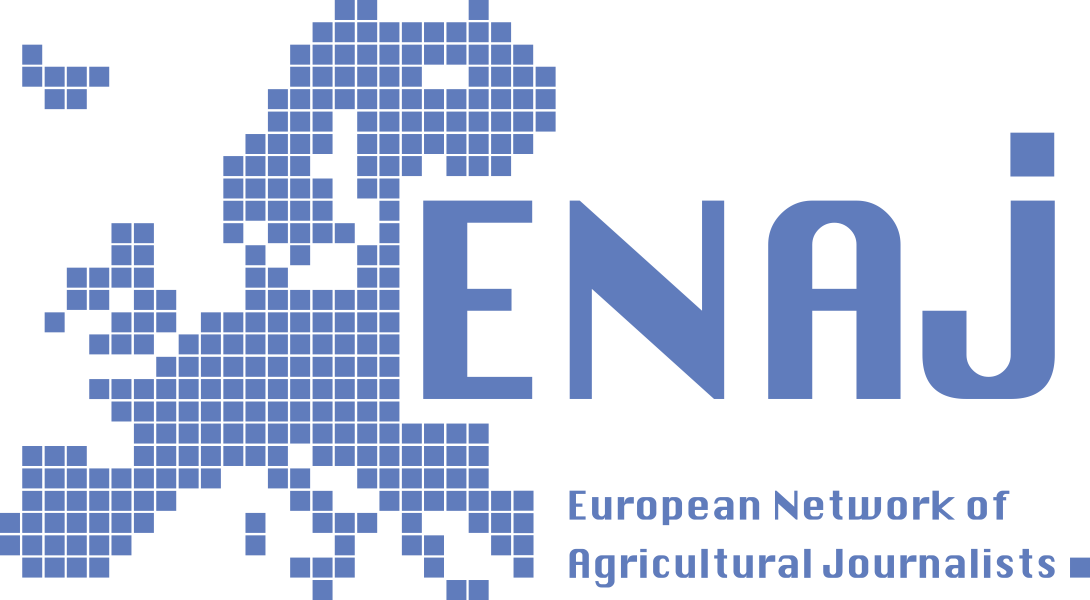EuroCommerce, the leading European organisation representing the retail and wholesale sector, has recently joined ENAJ as an associate member. EuroCommerce brings together national organisations from 28 countries and represents five million companies, including sector associations and international businesses.

EuroCommerce Director General Christel Delberghe
EuroCommerce supports its members with EU legislation and raising their voice on the policy issues affecting the sector and explaining its specific characteristics to European policymakers and stakeholders.The idea of collaborating with ENAJ emerged after EuroCommerce came across with ENAJ LinkedIn post about past press visits.
– We decided to get in touch to see how to see how we could contribute to future meetings, press tours and newsletters to inform ENAJ membership about the retail and wholesale positions in the agri-food value chain, says Director General Christel Delberghe.
Delberghe has served as Director General of EuroCommerce since November 2021, acting as spokesperson for the retail and wholesale sector with EU institutions, stakeholders, and the media. Prior to that, she held several roles within EuroCommerce, including leading its work on agri-food chain issues such as commercial relations, competition, and economics.
Retail and Wholesale Under Pressure
Retail and wholesale sectors generate 1 in 7 jobs, offering a varied career to 26 million Europeans from from small local suppliers to international businesses.
– There are many commonalities between the two sectors and when EuroCommerce was established over 30 years ago, its founders were convinced that bringing retail and wholesale under one umbrella organisation would strengthen the overall sector’s voice, Delberghe says.
Today, however, both sectors face increasing competitive pressure, driven by weaker consumer purchasing power and the need to make major investments in digitalisation and sustainability.
– We call for a stronger focus on competitiveness and simpler rules, ensuring a well-functioning single market while supporting our members in implementing sustainability legislation. Another major challenge is the need to strengthen enforcement of EU rules against third-country traders and online marketplaces, Delberghe stresses
EuroCommerce believes that building a strong, resilient, sustainable, and competitive agri-food chain in Europe requires a shared vision for EU agriculture and food. This, in turn, depends on the active involvement of all stakeholders: farmers, retailers, wholesalers, policymakers, and consumers.
– We engage with all stakeholders as much as possible to achieve a better understanding between the different parts of the chain, Delberghe says.
ENAJ Collaboration Seen as a Strategic Partnership
Delberghe views the partnership with ENAJ, the European Network of Agricultural Journalists, as a strategic collaboration that can bridge gaps and strengthen dialogue across the agri-food value chain in Europe.
She expects the collaboration to deepen mutual understanding of the challenges and opportunities each stakeholder faces in the European agri-food system.
– By working closely together, we can ensure that accurate, timely, and relevant information reaches both the wider public and the other stakeholders in the value chain, she says.
Delberghe expects the collaboration to foster a deeper mutual understanding of the challenges and opportunities facing each stakeholder in the European agri-food chain.
– Through this partnership, we aim to highlight the role of retail and wholesale in a competitive, sustainable, and resilient agri-food system, while also showcasing the innovative solutions and best practices emerging across the sector and providing fact-based reports such as our annual Grocery retail report with McKinsey.
Delberghe also underlines the importance of evidence-based policymaking, particularly in the evaluation of the Unfair Trading Practices Directive.
Other goals to communicate are better understanding of holistic approach of sustainability with balancing economic, social and ecological goals, harmonised regulatory framework, supporting innovation and reducing food waste.
Consumers should be empowered to make sustainable choices, while farmers must be supported in their transition. EuroCommerce sees a market-driven approach and a well-functioning single market as essential conditions for success.
– Ultimately, our goal is to inspire collective action and highlight the commitment of retailers and wholesalers to Europe’s transition towards a more sustainable, innovative, and resilient agri-food system, Delberghe concludes.

